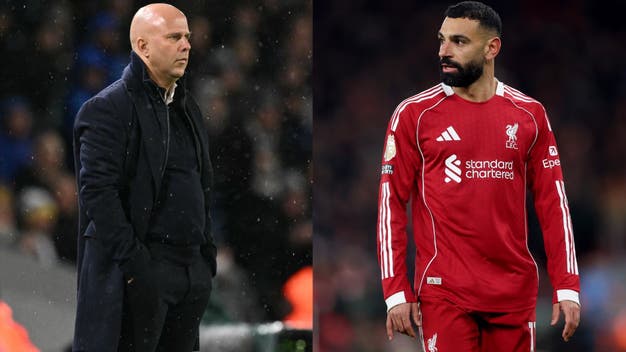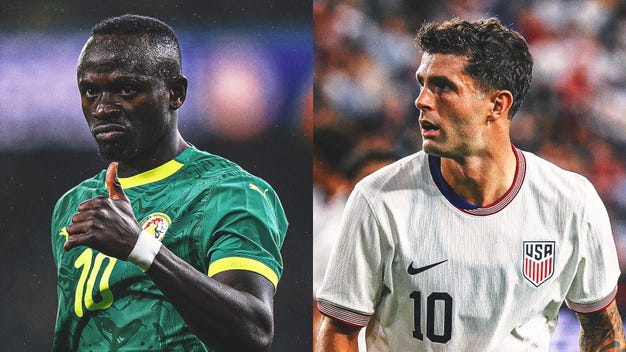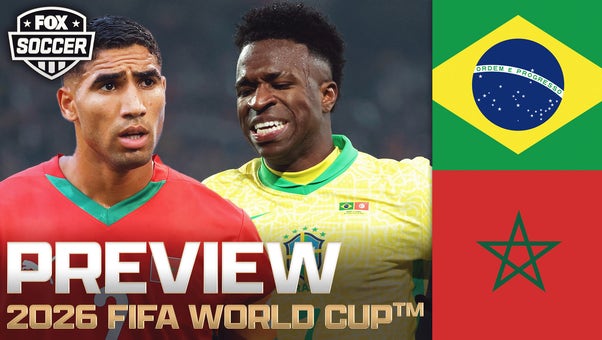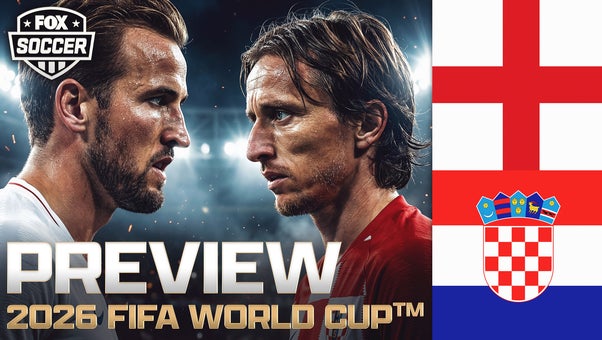Top Stories
Former USA Captain Michael Bradley Named New York Red Bulls Coach

Tyler Adams to Manchester United? Red Devils Urged to Sign American Midfielder

U.S. Soccer Spotlight: The 'Miracle' Inspiring Pochettino for the World Cup

Mohamed Salah to MLS?: 'Reach Out to Messi,' Says Commissioner Don Garber

15 Famous Player-Manager Feuds In Soccer History: Salah vs. Slot Joins the List

USA's Pre-World Cup Games: Belgium, Portugal in March; Senegal in May, Germany in June

USMNT: Antonee Robinson Back for Fulham In Boost to World Cup Hopes

Recent Videos
Brazil vs. Morocco Preview | 2026 FIFA World Cup
United States vs. Australia Preview | 2026 FIFA World Cup
England vs. Croatia Preview | 2026 FIFA World Cup
Is the USA favorite to top Group D? 🤔 Donovan not happy with Australian coach 👀
SOCCER ON FOX SPORTS
Welcome to the ultimate hub for soccer coverage, brought to you by FOX Sports! With broadcast rights to some of the biggest tournaments and leagues in the world, including the FIFA Men’s World Cup, FIFA Women’s World Cup, UEFA European Championship, UEFA Nations League, Copa América and MLS, FOX Sports delivers unmatched access to the most thrilling moments in the beautiful game. Stay tuned for live matches, in-depth analysis, and unforgettable highlights—all in one place.
Beyond exclusive broadcasts, FOX Sports will keep you connected to every corner of the soccer universe. From the Premier League and La Liga to Champions League and Bundesliga, our coverage includes live scores, player stats, and league standings. Whether you’re following your favorite club or tracking the hottest players, FOX Sports is your trusted source for all things soccer.




